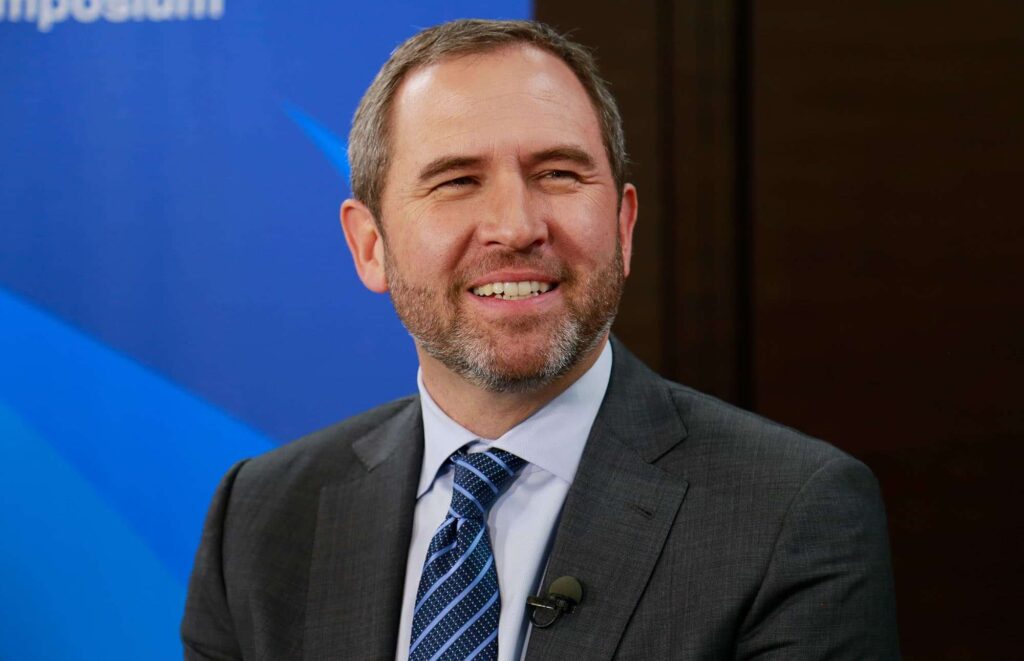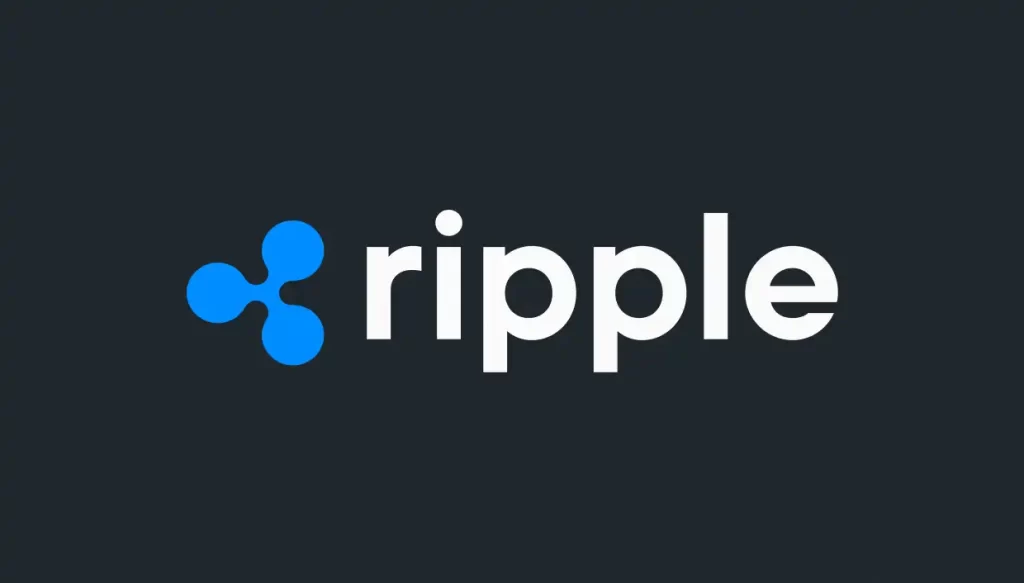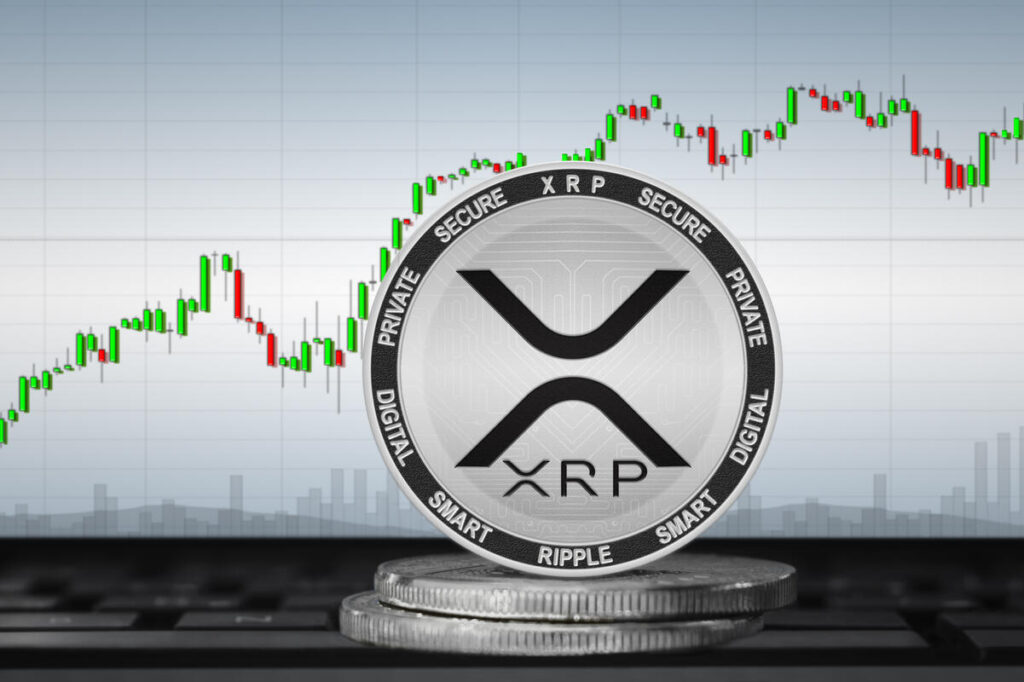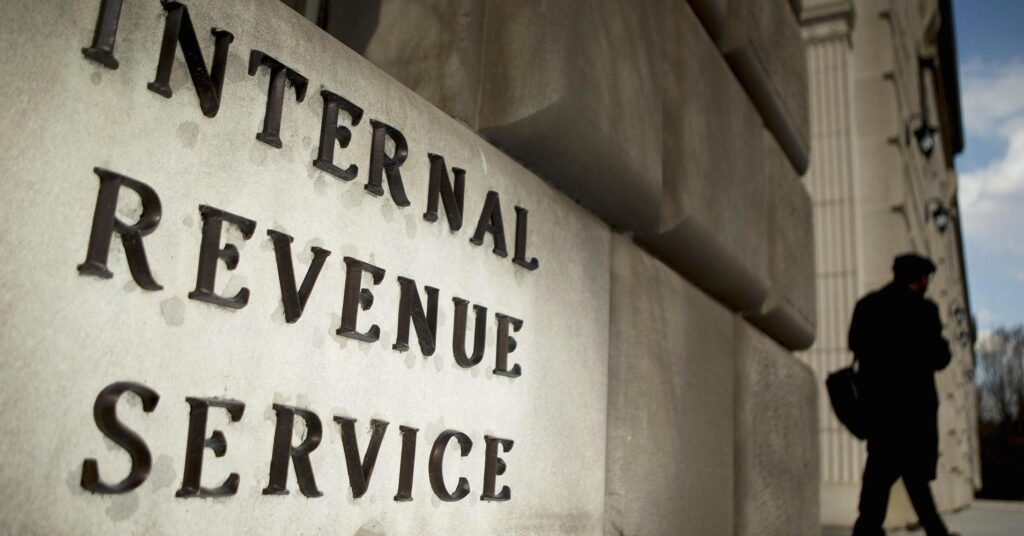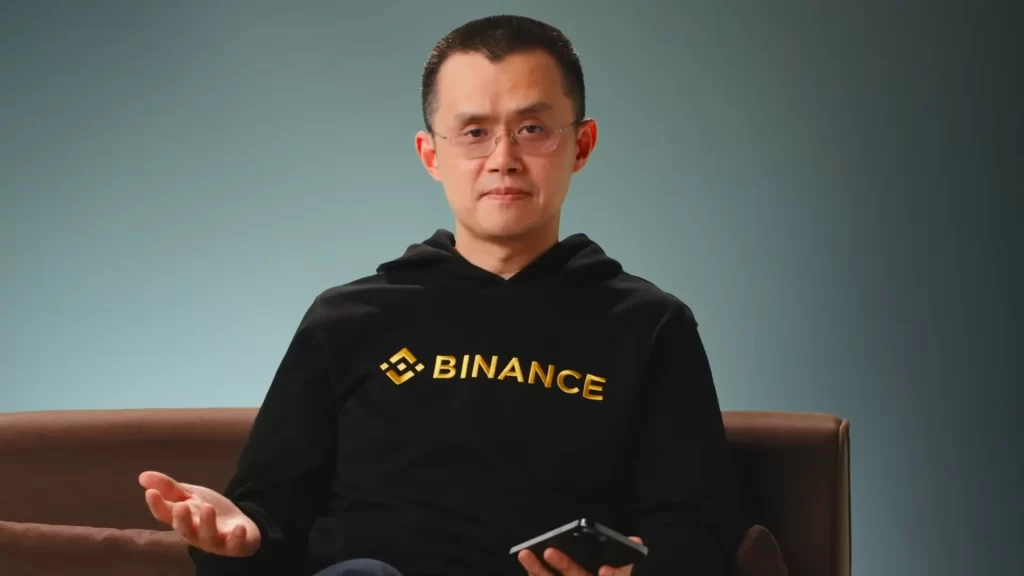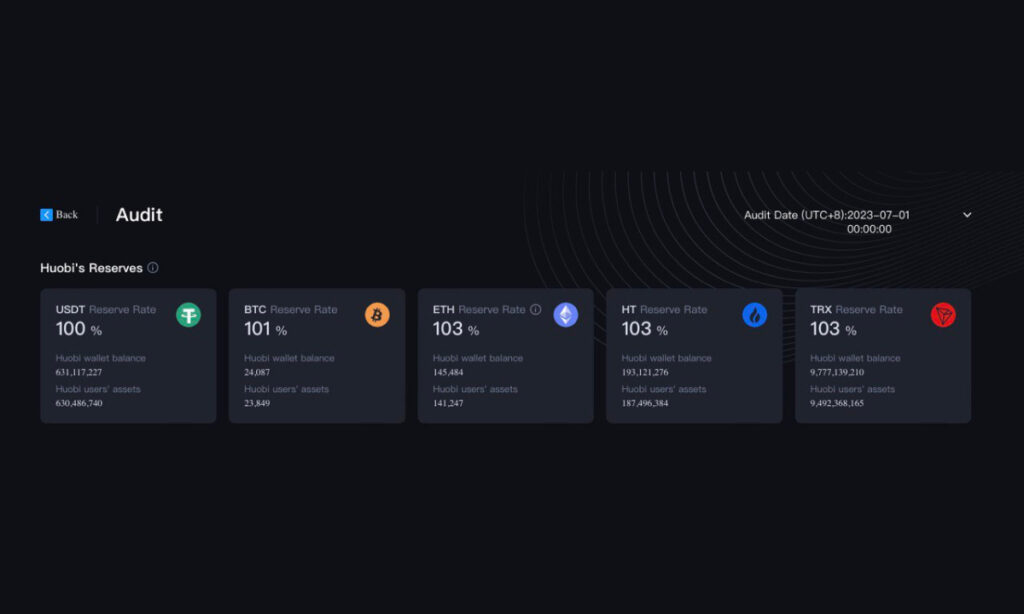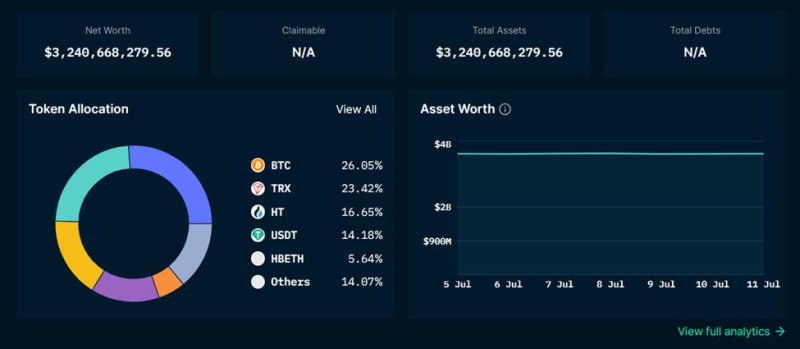Ripple CEO Brad Garlinghouse expressed his belief that the United States Securities and Exchange Commission (SEC) will face a lengthy process before having the opportunity to appeal the ruling in its case against Ripple Labs.
On July 13, Judge Analisa Torres of the U.S. district court delivered a partial ruling in favor of Ripple, stating that the XRP token is not a security when sold on retail digital asset exchanges, but ruled it as a security when sold to institutional investors based on the Howey test.
In an interview with Bloomberg on July 15, Garlinghouse downplayed the significance of the institutional sales decision, considering it to be the least significant aspect of the lawsuit.
He believes that if the SEC were to appeal the ruling on retail sales, it would further solidify Judge Torres’ decision.
Garlinghouse emphasized that the current legal stance is that XRP is not a security, and he expressed optimism while noting that the SEC’s appeal process would likely take years.
READ MORE: Bitcoin Long-Term Holders Return as BTC Price Surges
Garlinghouse pointed out that this case marks the first time the SEC has lost a crypto-related lawsuit. He criticized the SEC for targeting players in the crypto industry who lacked the resources to mount a robust defense, describing the agency as a “bully.”
When the case was initially filed against Ripple, many U.S. crypto exchanges adopted a wait-and-see approach due to the resulting uncertainty.
Consequently, exchanges like Coinbase and Kraken completely delisted XRP.
According to Garlinghouse, the SEC’s actions created confusion in the market. He accused the agency of intentionally causing more confusion while having full knowledge of the existing confusion.
This deliberate confusion, in Garlinghouse’s view, allowed the SEC to assert power and hinder innovation within the United States.
Garlinghouse argued that the SEC prioritizes power and politics over sound policy and clear regulatory guidelines.
This approach, he asserted, has made it challenging for entrepreneurs and investors to participate in the U.S. crypto market and blockchain industry, hindering growth and innovation in the country.
Overall, Garlinghouse’s outlook is positive, considering the court ruling a significant milestone for Ripple and suggesting that the SEC’s appeal process would be protracted.
He called for a shift towards clear and supportive regulations to foster a thriving crypto ecosystem within the United States.
Other Stories:
Coinbase Temporarily Suspends Staking Services
Cardano Surges 23.9% Following Favorable XRP Ruling, Investors Eye Further Gains




